We are frequently asked how long tax documents should be saved.
We suggest keeping copies of tax returns along with the related receipts and documentation for 7 years as a general rule-of-thumb. The IRS can go back 3 years to question items on tax returns, and if a taxpayer omits more than 25% of income, they can go back 6 years. However, if fraud is proven, there is no limit to the number of years the IRS can go back to.
Before shredding any tax returns, flip through and make sure there aren’t any forms or statements that should be retained for future reference.
Keep all records that establish cost or basis information. Retain a separate file for each piece of property owned, including a personal residence. Also keep the purchase documents for stock and mutual funds as well as information on splits, dividends reinvestments and nontaxable distributions. If a taxpayer receives an inheritance, the date-of-death value will need to be retained for future sale or transfer, and the donor’s cost should be documented and retained for gifted property.
For businesses, payroll tax records should be kept for at least 4 years after the due date for employees to file their personal income tax returns for the related year. This includes all documentation for wage amounts, payment dates and employee information as well as copies of Forms W-4 and dates of tax deposits. Invoices, cancelled checks and closing documents for the purchase of assets as well as the related depreciation schedules should be kept for at least 4 years after their disposition or sale.
Call us if you have any questions or need additional assistance.
